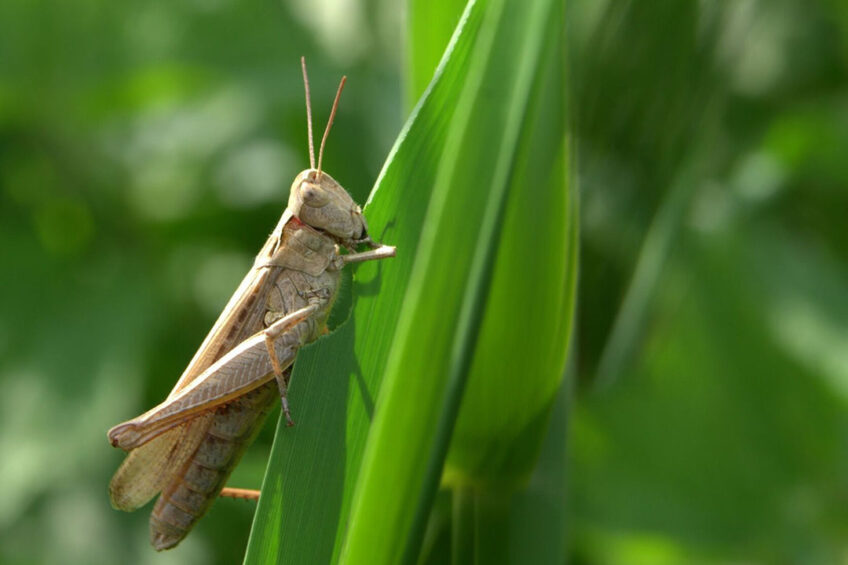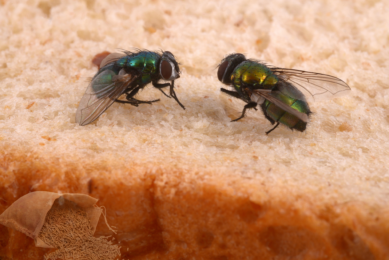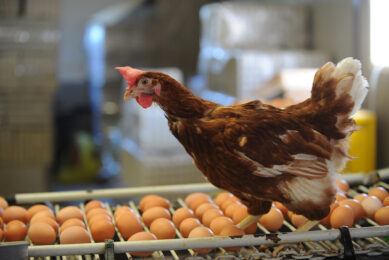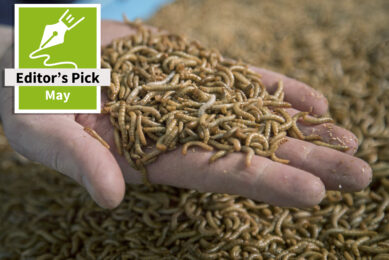The first cricket farm is launched in Russia

Russia’s first cricket farm has been launched in Novosibirsk Oblast, in a bid to bring a new protein source to the feed components market.
As explained by Elena Demidova, head of the project, protein share in crickets stands at 75%. It takes 3 kg of crickets to produce 1 kg of a high-quality meal. The production cost is estimated at 150 roubles per kg ($2.2). On the other hand, currently, crickets in Russia are offered on the market at 5 roubles ($0.08) per unit or 15,000 roubles ($220) per kg.
The project has been supported by the Russian government’s Innovation Promotion Fund. The Russian news outlet BFM reported that nowadays, no other cricket farms are operating in the country.
A valuable feed component
The prospects of crickets are also believed to lie beyond the feed components segment.
“We planned to use them [ferocious] as feed supplements for cattle. There is another sales market – in pet stores. And finally, sports nutrition, as well as gluten-free products,” Demidova said.
“In the livestock industry they use, meat and bone meal, fish meal, and blood meal – everything that contains protein. Insects have a significant advantage because it takes only 2 kilograms of feed, even a little less, and 2 litres of water to grow one kilogram of cricket,” said Eugeniy Demidov, farm’s owner.
Trial and error
Crickets grow for 6 weeks, at a temperature of 30 C, though it may vary at different stages. Demidov said that the technology has been shaped up during the past year using the trial-and-error method. During this period, the farm had to deal with several challenges as crickets may run away and eat each other, he added.
“We didn’t have any experience at all. Neither with crickets nor with insects,” Demidov said, admitting that the applied technology is still considered to be rather primitive. “But our task is to automate production, in other words, to switch to the industrial production of these comrades.”
Production expansion
Demidov added that so far the crickets production is limited to several modules, and the farm has 3 employees. The start-up targets to find customers in order to scale up production performance.
“Now we want to quickly increase the production volume. In the future, these will be racks in several rows. In separate modules, a microclimate will be maintained, and water and feed will be supplied,” Demidov said.











